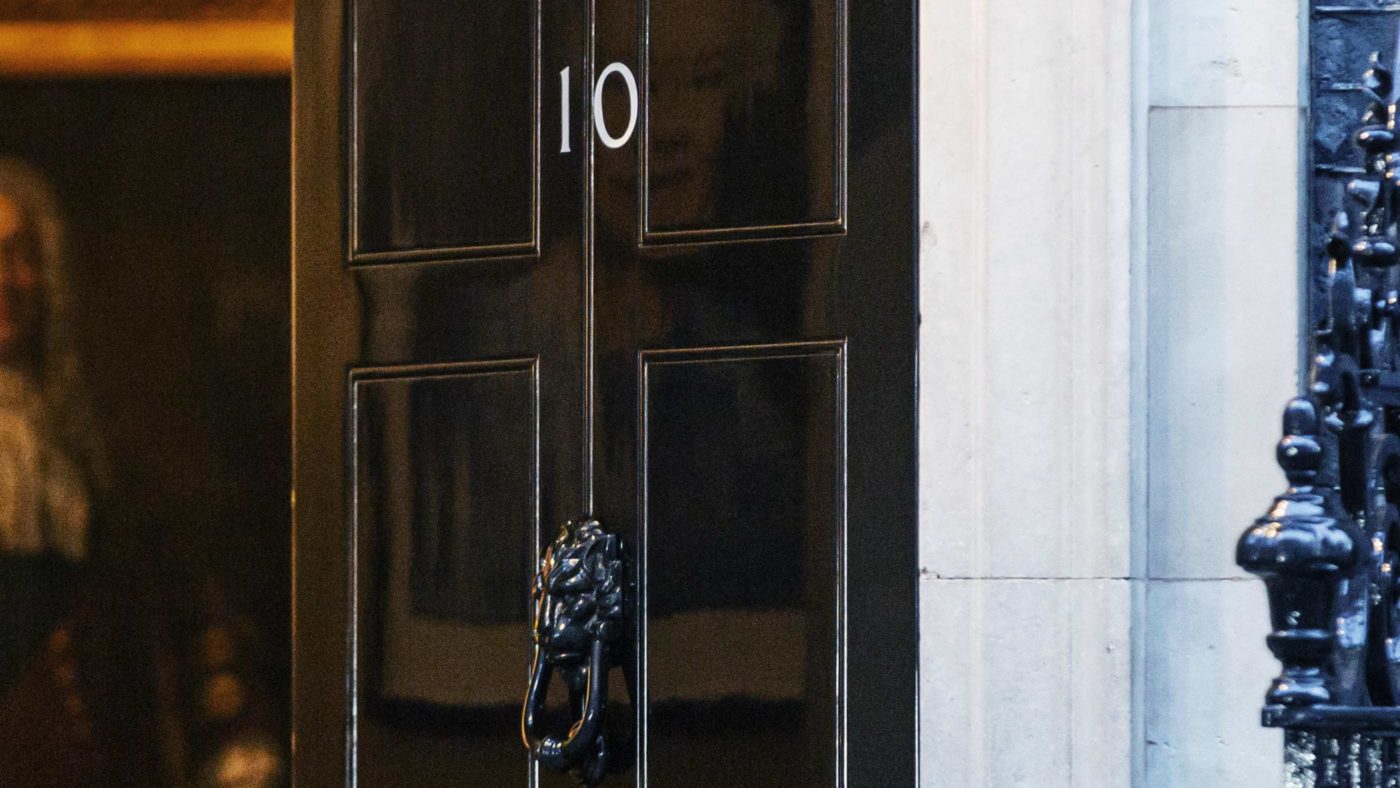Finally, it’s over. After a six-week campaign whose initial intensity waned remarkably quickly, a new Prime Minister is nearly upon us. Whatever you think of Liz Truss or Rishi Sunak, taking on the top job at this point certainly takes some guts.
Between reducing the vast NHS backlog, stopping the Channel crossings, renegotiating the Northern Ireland Protocol, heading off a wave of strikes, saving the Union, battling Vladimir Putin,fixing prisons, scrapping swaths of EU law and uniting a fractious party, the next PM has not so much a ‘packed in-tray’ as a groaning filing cabinet of problems, challenges and looming set-tos.
And that’s without even mentioning the overwhelming, immediate issue of energy bills. Reports today suggest that, if she seals a widely expected victory, Liz Truss will use her first address to the nation to set out action that is both brisk and substantial. The fact we are talking about a package worth over £100bn shows just how emphatically the fiscal Overton Window has shifted in the last few years.
On top of the obvious economic challenge, the cost of living represents a profound political threat to the Conservatives. Polling undertaken by the consultancy Public First and our parent organisation, the Centre for Policy Studies, shows a big chunk of 2019 working class Tory voters peeling away from the party. They are fired not so much by the sense that Keir Starmer’s Labour is a government in waiting, but by the impression of a government sitting on its hands as people’s lives get more and more difficult.
To start setting things right, Truss plans to reverse this spring’s National Insurance rise, scrap next year’s hike in corporation tax and bring in a moratorium on green levies – at a total cost of about £30bn. How she chooses the remaining balance of tax cuts and direct cash transfers will be a matter of intense debate. One suggestion has been an immediate cut in VAT, though that has its pitfalls – not least that it would do relatively little for those in the direst need.
Measures to improve infrastructure, increase energy generation and storage capacity, fill the skills gap and reduce the cost of regulation will all be heartily welcome, but reform in these areas is likely to take some time to bear fruit.
In the more immediate term, the priority must be to avert a self-fulfilling sense of both social and economic panic. Today’s Sunday Times sets out an unnerving cocktail of problems that threaten to reinforce one another, with high prices leading to a potential wave of acquisitive crime and civil unrest. While the size of the task facing the new PM might resemble Thatcher’s in 1979, the picture of disorder on the streets sounds more like the mass looting of 2011.
Whatever Truss decides to do about this if she wins, it’s imperative that she communicates it much better than her predecessor. One of the great ironies of Boris Johnson’s time in charge was that a politician famed for his gift of the gab was often incapable of letting the public know what he was actually doing. You wouldn’t know from much of the current media coverage, for instance, that the Government had already slated tens of billions of relief for billpayers this autumn.
Truss might not have Johnson’s rhetorical gifts, but perhaps that’s a good thing. In the face of a crisis, people aren’t looking for linguistic fireworks so much as a clear plan and a strong underlying message – that the Government is working its socks off to reduce households’ living costs and keep the economy afloat.
Click here to subscribe to our daily briefing – the best pieces from CapX and across the web.
CapX depends on the generosity of its readers. If you value what we do, please consider making a donation.


